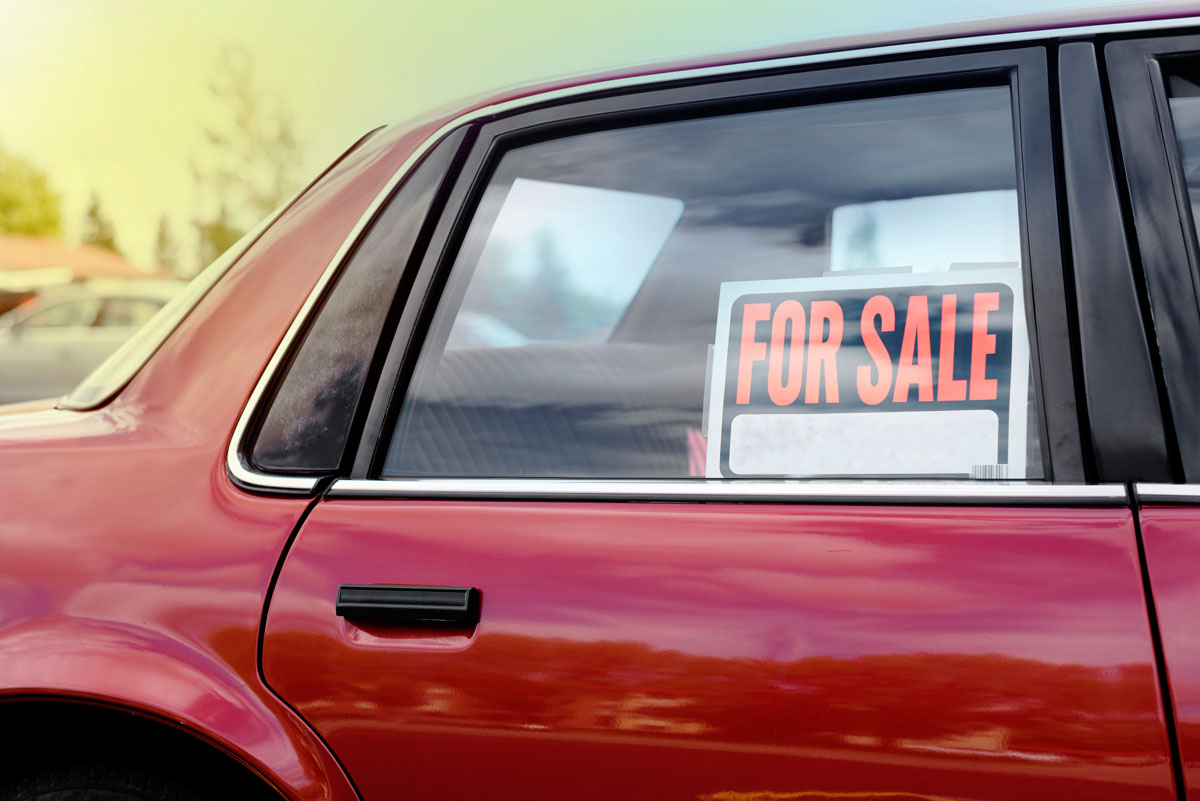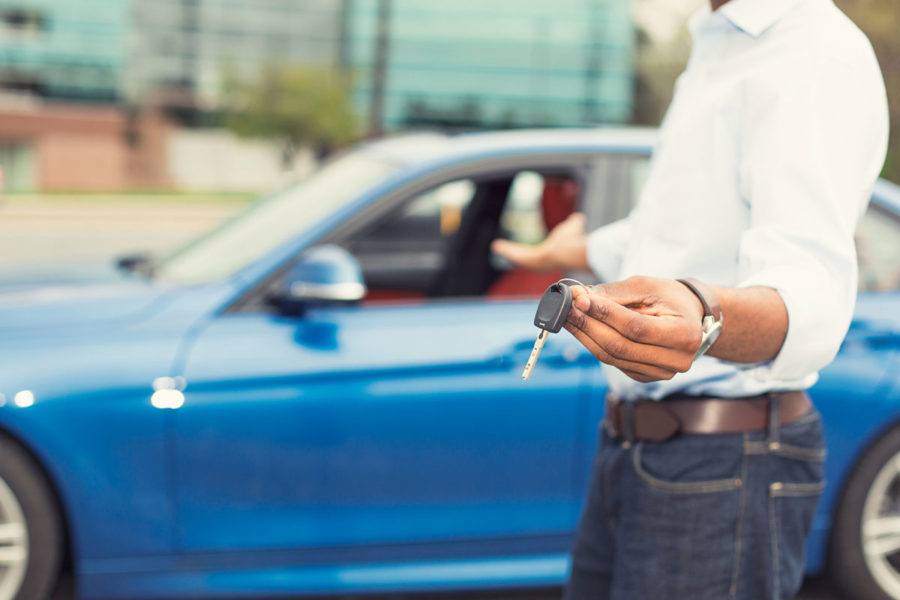What are curbsiders and why should they be avoided?
The Ontario Motor Vehicle Industry Council (OMVIC) uses the term “curbsider” to describe used car dealers who pose as private sellers. They do this to sell vehicles that have been stolen or rebuilt following a serious collision (or other damage), or whose odometers have been tampered with.
The term “curbsider” is derived from the fact that these unscrupulous sellers tend to want to meet potential buyers in a place that can’t link them to any particular address. Curbsiders frequently use parking lots or even streetside. You might be able to identify a curbsider before you meet a seller in person. The Used Car Dealers Association of Ontario (UCDA) suggests that when you call a purported private seller who has placed an ad, say you’re “calling about the car you advertised.” If they ask you to clarify which car, you may have found a curbsider.
How to find a Curbsider?
There are other giveaways to be wary of once you meet a seller in person.

- Does the seller’s name match the one on the vehicle’s registration? You’re entitled to ask the seller for proof of identification, and proof that they own the car they’re trying to sell you. If there is a mismatch, ask why. Don’t be afraid to be nosy; you’re the one looking to potentially spend thousands of dollars on a vehicle. If the seller refuses to produce proof of ownership, and the reason doesn’t satisfy you, walk away.
- Also walk away if the seller refuses to, or can’t, provide you with a used vehicle information package (UVIP) from the Ministry of Transportation of Ontario (MTO). According to the Ontario government’s website, “the seller (is) legally required to provide this package to a buyer when (they) sell a pre-owned vehicle.”
- The UVIP shows the vehicle’s ownership history and any liens (unpaid bills or fines related to the vehicle). These become your responsibility if you buy the car. There are very few exceptions to the MTO’s UVIP requirement. One is when the car is transferred between “linear” (immediate) family members.
Vehicle history
Vehicle history reports are available from a number of other sources, too. CarFax.ca is a well-known source. These go a bit deeper than the UVIP, including information about collisions or serious damage. These are paid services. While such a report won’t necessarily reveal a vehicle’s every dirty secret, it can be a worthwhile investment.
- Ask the seller if he or she has complete service and maintenance records for the vehicle. This isn’t required by law, nor does it provide much protection against an illegitimate seller. But it does offer some reassurance that the vehicle has been properly cared for.
- If the seller has maintenance and repair receipts, take some time to look through them. Pay attention to common things like oil changes and other routine maintenance.
- Before going to see a car, do some online research to learn that vehicle’s common trouble spots. See if these things show up among the repairs that have been made to the car.
- Even if the vehicle’s documented history looks clean, have any car you plan to buy from a private seller inspected by a mechanic. Preferably choose one you know and trust or who is recommended by a friend or family member. Again, this will cost you $150 or $200, but it’s a worthwhile expense. A good technician will notice any obvious signs of abuse, neglect or undeclared damage.
- If a seller is evasive or vague about anything you ask about the vehicle’s history, be suspicious. Go with your gut: if the deal doesn’t feel right, walk away. Don’t let yourself be pressured into buying a vehicle you’re not sure about.
Want nothing to do with a curbsider?
If you’re looking for a car and want nothing to do with a curbsider we can help. At Ontariocars.ca you can search for the car you want with the peace of mind knowing we don’t have any curbsiders. We have the vehicle you’re looking for in your local area.


